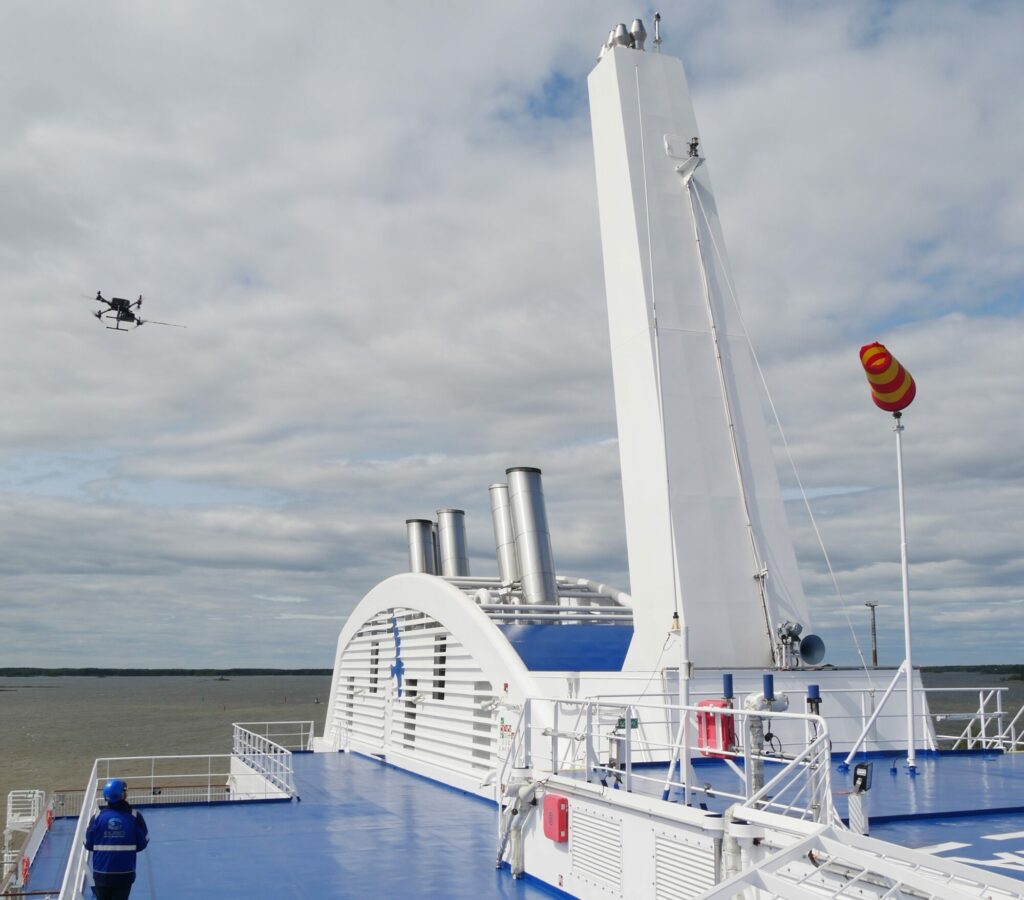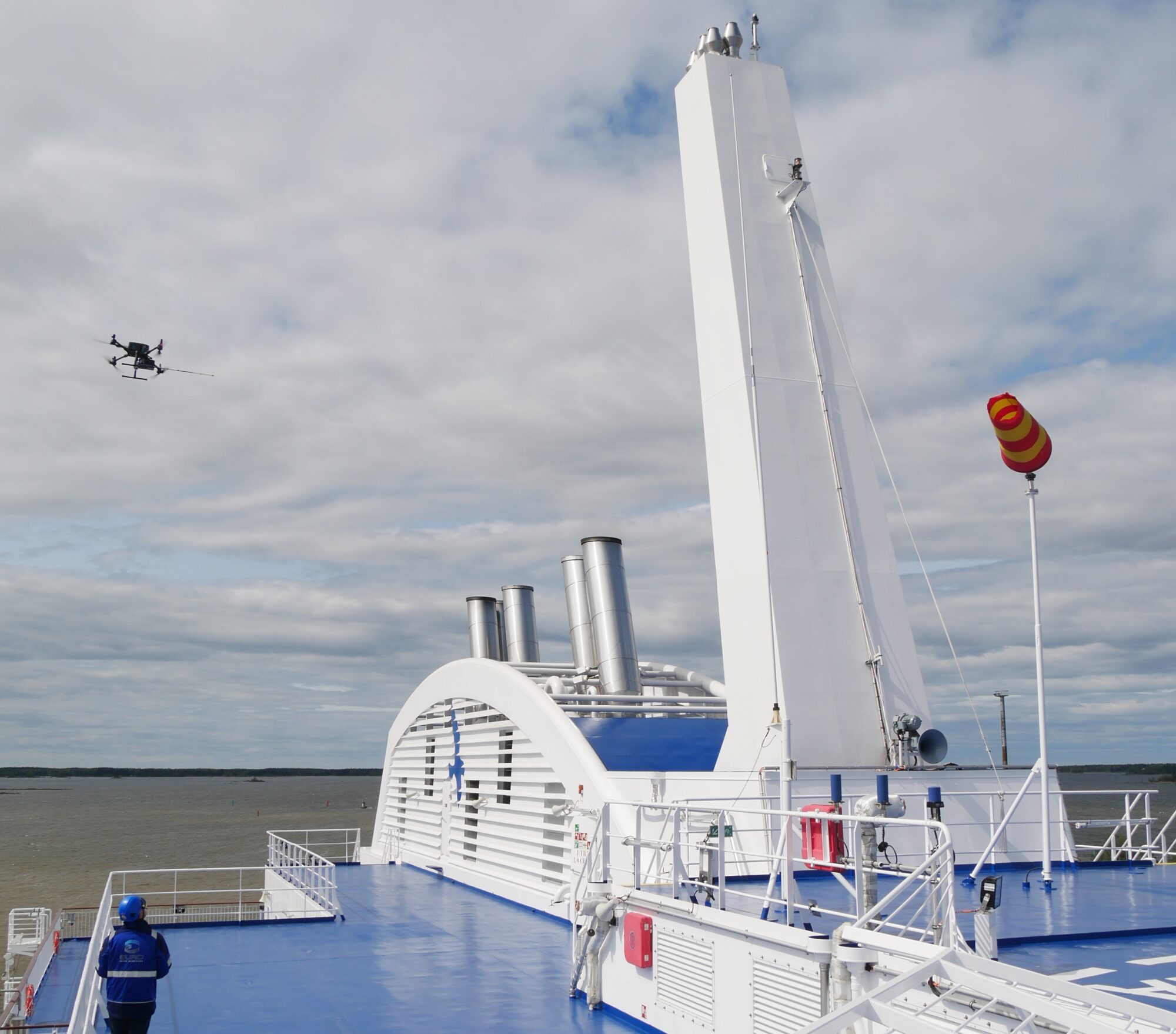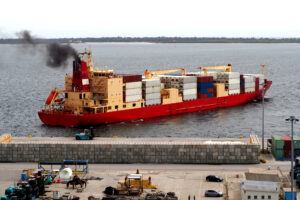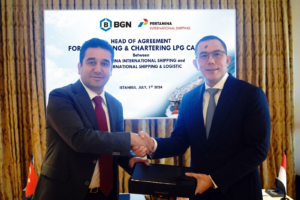
A recent project finds that real-world methane slip measured in the plumes of 18 ships using the most common type of LNG marine engine (LPDF 4-stroke) averaged 6.4%, whereas EU regulations assume 3.1% methane slip and the United Nations International Maritime Organization (IMO) assumes 3.5%.
The Fugitive and Unburned Methane Emissions from Ships (FUMES) project, a collaboration between the International Council on Clean Transportation (ICCT), Explicit ApS, and the Netherlands Organization for Applied Scientific Research (TNO), collected the most comprehensive dataset of real-world methane emissions from LNG-fueled ships to date, including methane slip from marine engines and fugitive methane emissions from LNG cargo unloading operations.
Measurements were performed onboard in the exhaust stack and using drones and helicopters.
The report recommends that E.U. and IMO policymakers consider increasing the assumed methane slip for LPDF 4-stroke engines to at least 6%.
The authors of the FUMES report concluded that the use of LNG-fuelled ships results in releases of methane to the atmosphere in the form of methane slip from their engines, as well as fugitive methane emissions when LNG cargoes are unloaded from LNG tanker vessels.
As they note more data are needed to understand the actual methane emissions from LNG-fuelled ships under real-world conditions.
During the project, onboard measurements found that methane slip and work-specific NOx emissions were highest at the lowest engine loads.
The report therefore recommends policymakers to consider adding a 10% engine load test point to engine certification test cycles.
As it is furthermore recommended, “EU policymakers should consider requiring LNG-fueled ships to plug into shore power or otherwise eliminate their at-berth emissions to avoid using LPDF 4-stroke auxiliary engines.”
“Additionally, because we found that LNG cargo unloading operations can emit higher rates of methane emissions than LPDF 4-stroke engines, EU policymakers should consider requiring monitoring, reporting, and verification of methane emissions at LNG storage and refuelling points,” the report concluded.



